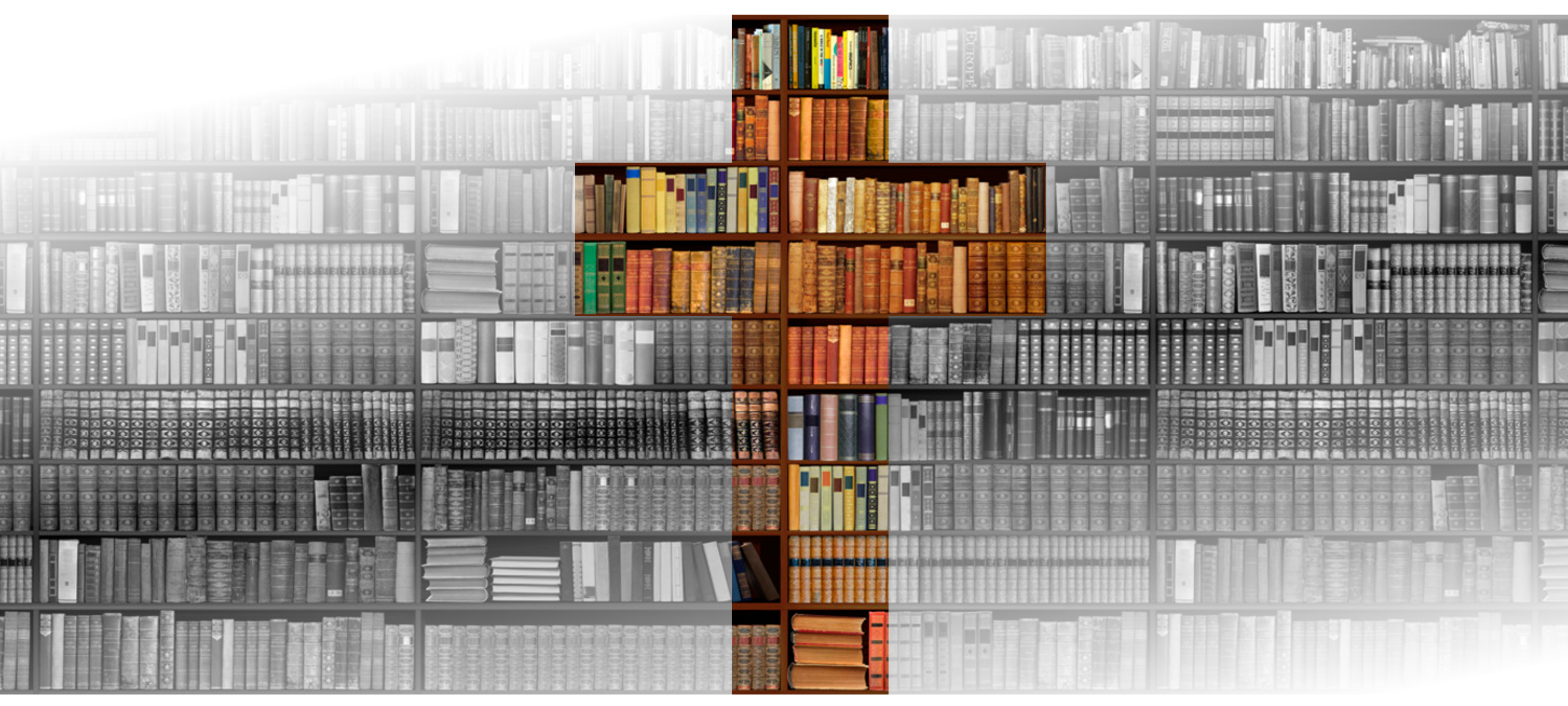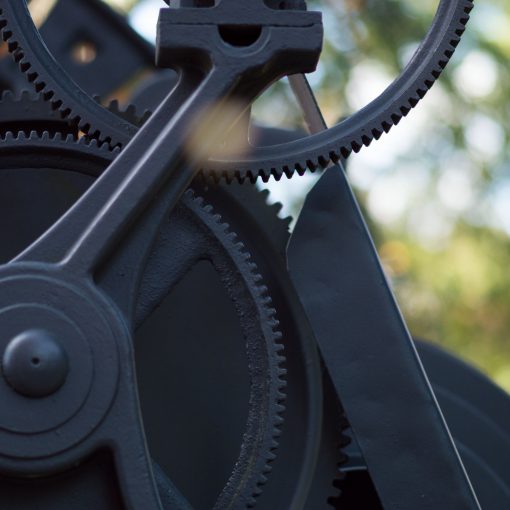Our Weekend Reading series (brought to you by our Patreon backers) continues with a curated selection of articles—and a few other things—from around the Internet that interested us this week!
Peter
This week, though the wonder of Atlas Obscura, I learned that the ancient persians actually had special buildings for making ice. In the burning desert. yes, really. The article is here, and while it’s not long, it IS fascinating.
Walls were often built to keep the water shaded as it was channeled in to the yakhchāls so it would freeze faster. Yakhchāls also served as places to store ice that was brought down from nearby mountains and often food as well. The extremely thick waterproof and heat resistant walls were made of a special mixture of sand, clay, egg whites, lime, goat hair, and ash called sarooj.
Gamechurch has a multi-article series on games from Gen Con with themes useful to Christianity. All of the entries are good – I just selected Part Two because I appreciated This War of Mine in digital form and that specific article features the board game.
We recently went to Gen Con, North America’s largest tabletop-game convention, where we set out on a quest to find board games that resonate with the life, message, or values of Jesus. To be completely honest, we think that most tabletop games mesh with the values of Jesus in the sense that they bring people together. This year’s Gen Con was the biggest in the convention’s fifty-year history. It was also incredibly diverse. In truth, this list should probably just be called “Gamechurch’s Favorite Games of Gen Con 50.” In our defense, however, we are convinced that the following games are special and that, given the opportunity to play them, Jesus would happily gather around the table with His disciples to roll their dice.
Finally, I point to Richard Beck yet again as he tackles the concept of grace in his Experimental Theology blog. It’s interesting, deep, somewhat heavy, and excellent food for thought whether you agree with his conclusions or not.
So is this works-based righteousness?
Yes and no.
No, in the sense that grace–God’s election–is what establishes the covenantal bond. God’s election poured out upon the unworthy is 100% God’s work and initiative. Truly, we didn’t deserve it and we were incapable of making contact with God.
But yes in that, once we have been welcomed into the covenantal family and given the empowerment of the Holy Spirit, we have ongoing obligations to fulfill, to both God and each other. Grace obliges you to love.
Jenny
I found out about a new RPG that is currently being Kickstarted called Westbound: Revolvers and Rituals. It’s a weird west game about being elves and dwarves and ogres exploring the land.
Westbound is the Tabletop-RPG of revolvers and rituals set in the fantasy wild west. Explore a vast western world while utilizing an intuitive and unique system for exploration and combat. Westbound was designed from the ground up expressly for Firearm combat, and includes a vast amount character options, an enterprising crafting system, and a fresh take on Magic and the Arcane.
One of the side effects of being part of a religious community within driving distance of Montreal, Quebec is that you have probably heard of or even been to the Notre Dame Basilica. I visited there once as part of a confirmation class trip. As beautiful and wonderful as the Basilica is, its fame sometimes overshadows other religious landmarks in the city, such as Notre-Dame-de-Bon-Secours (literally Our Lady of Good Rescue.) It’s also known as The Sailor’s Church, because of its shoreside location, and the numerous model boats hung from the ceiling.
I found a fascinating YouTube video recently titled Testing A Possible Origin To Alchemy: The Golden Rain Experiment. Basically, it’s this guy not only testing the “Golden Rain” experiment, but trying to figure out if this experiment in which lead iodide crystallizes could have been performed during the time when alchemical experiments began.
Grant
I’m the reason this is going up a little late today; my apologies!
First up, this painful and convicting blog post from Jared Witt at Castle Church Brewing—and yes, that’s both a brewery and a church, so I’m pretty much already in love. Jared doesn’t really pull many punches even in the title: “Christianity and Its Angry Cousin of the Same Name”.
Some of you, who might be reading this story, were raised into a kind and loving version of Christianity, and it’s strange to you that some people have this perception of your faith. I’m glad to hear that. For others, this is simply your story, and it’s perfectly reasonable that the burden of proof should be on 22 year old, pastor-in-training to prove that he is not an angry and spiteful person. Either way, let me try to put this in the starkest relief and then let it sink in for a moment:
My wife didn’t think Christianity was for her, because she loved people too much. […]
And, here, some Christians are still having internet debates about whether the reason for dwindling numbers of people in church pews has more to do with the music or the committee structure.
You may recall that we had James Wyatt on our show not all that long ago. He was recently on Dragon Talk—that’s Wizards of the Coat’s in-house D&D podcast—to discuss Plane Shift: Amonkhet and the process of designing their Plane Shift material. Since the Magic: The Gathering design department builds art books and setting books for internal design use, James figured that he could use those to produce D&D material too; and given how popular those have been, it looks like that tradition will continue for a while. If you’re a D&D player, this is a great resource for WotC-developed material that sticks to the theme of particular MTG planes. I’ll likely use some Amonkhet material in my own D&D campaign, for example—I need more animal-folk of different types, and the khenra (jackal people) are perfect for that.
Finally, this bafflingly weird article about a robot designed to cheaply automate and livestream … funerals. Hyperallergic’s “Japanese Company Creates Robot Priest to Administer Your Last Rites” describes the repurposing of Nissei Eco’s “Pepper” robot and its showcase position at Japan’s Life Ending Industry Expo—itself a ripe source for game material, no doubt.
A company spokesperson told Japan Times that its repurposed bot is part of a larger effort to innovate the funeral industry, as customers increasingly seek alternatives to traditional rituals. The robo-monk may also serve as a substitute to human priests when they aren’t available.
Buddhist monk Tetsugi Matsuo, however, questions whether the smiling machine can offer guidance that is spiritual at heart, rather than simply replicate the physical demands of these age-old duties. Pepper the Buddhist monk’s computerized voice, for instance, may not carry the emotion that some people may seek. And some will perhaps see the machine as an undignified presence at a service steeped in tradition.


